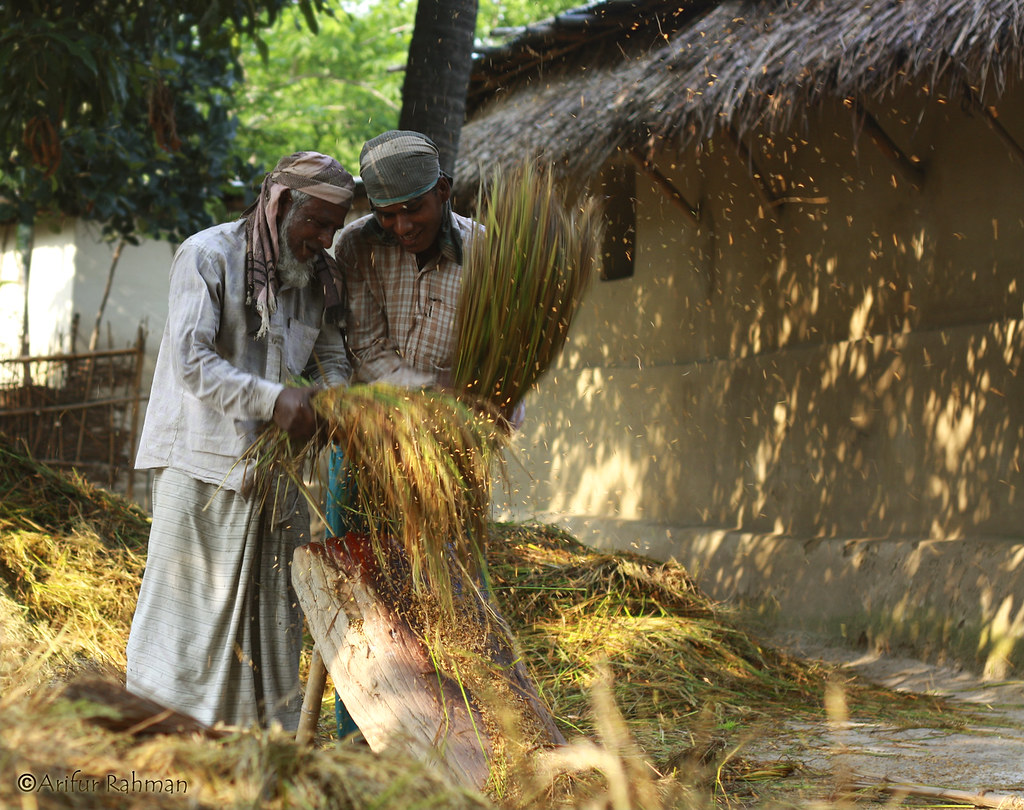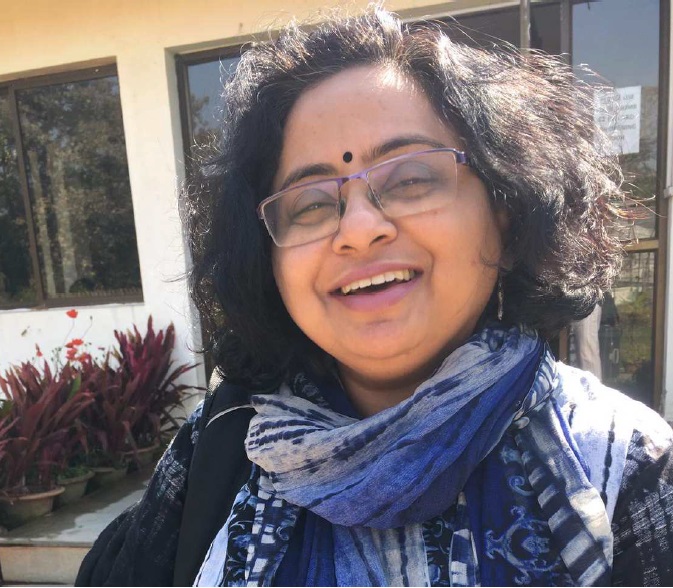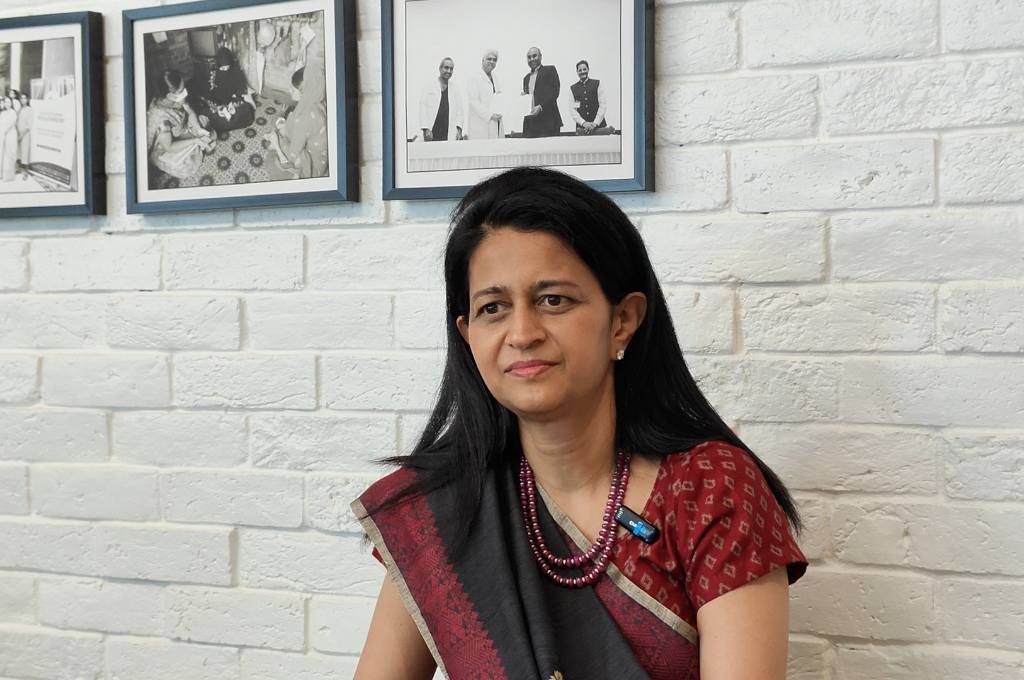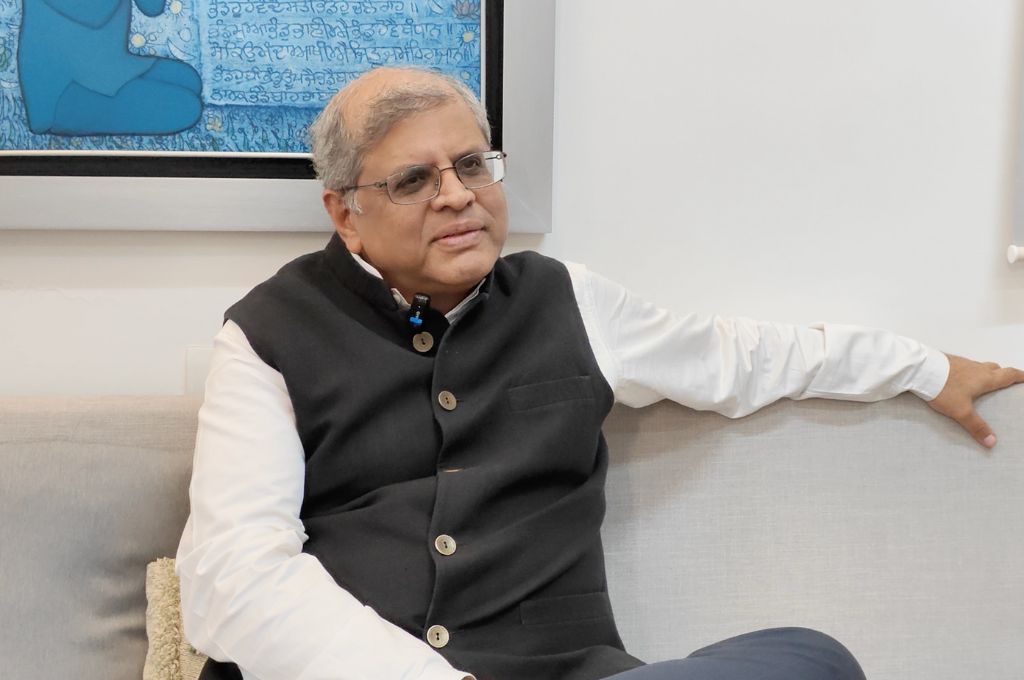From enabling collaboration between nonprofit partners to deliberately creating spaces for iterative learning, consultation, and participation, here are some learnings from Oak Foundation’s Joint India Programme:
Enable collaboration, don’t enforce it
As a donor that funds over 50 nonprofits, working across Jharkhand and West Bengal, we are privileged to learn across the range of issues that our partners work on. We often see opportunities for them to collaborate and take an organic approach to facilitating this.
Collaboration cannot be a forceful or coercive exercise.
Say for example, we have one partner that works on the issue of safe abortion and another that works with men to improve gender justice. Our approach would be to introduce these organisations to each other and explore how men can be more supportive of abortion rights for women. We take this approach as we believe that collaboration cannot be a forceful or coercive exercise.
For those that are open to it, we encourage them to look at small beginnings rather than grand, lofty objectives. We have partners who have found tremendous value in collaborating with others both due to complementary interests and because they see an opportunity to learn from each other.
Related article: Want social change? Give communities more agency
Support community-led development
In 2013 we began supporting work on child protection. A few years down the line we realised that the results from these grants were limited. This prompted us to step back and when we did, we came to the conclusion that we needed to invest in practices that promote community-led development to actually improve the situation on the ground. Our partners also agreed to participate in this process.
We’re seeing initial results from putting the agenda for the issue of child protection in the community space. This participatory approach not only helps the community to articulate the issues that they face but also enables them to identify the determinants, the resources that they have at their disposal and where they may need external support. Ultimately, this results in greater community ownership towards addressing the challenges at hand. The resulting solutions are much more likely to be durable and inclusive.
The participatory approach results in greater community ownership towards addressing the challenges at hand.
In our case, in the intervening villages, issues like trafficking and child marriage were earlier kept under wraps; the community would not talk about these issues openly. Now we find that, through the community-led process, the community itself plays a key role in identifying and addressing the risk and protective factors for children. We’ve also found that there is a more nuanced understanding of the underlying causes of early marriage, and therefore the community’s objective is not just to end early marriages, but to understand why they occur and take steps towards addressing those factors.
It’s a learning process for us too.

Picture courtesy: Arifur Rehman, Flickr (CC BY-NC-SA 2.0)
An important part of our work has been to create spaces to learn–both internally, within an organisation, as well as across organisations. Donors can also play a critical role in enabling nonprofits to adapt to slow-paced, iterative and participatory process and refrain from tying them to rigid logframes. Without backing from their donors, nonprofits can find it challenging to institutionalise this path.
We also need to reflect on how programmes can be designed to create space for participation and consultation. Typically, the time-bound nature of development programmes does not create the time and space that is needed to truly engage the primary constituents. Pre-project baselines are the only opportunity for communities to articulate their needs and aspirations. How can these opportunities be infused throughout the programme cycle?
And finally, as donors, we should take a step back and reflect on the net results of programmes that we have supported in the past. What is happening today in those communities where a programme ran one, five, or ten years ago?
Related article: The balance of power needs to change
Be deliberate about the spaces you are creating
It’s also on us–as donors–to recognise that it is tough for nonprofits to negotiate with donors. The smaller the organisation, the more difficult it becomes. We have to increase the negotiation capacity of nonprofits, because the power dynamic does not lie in their favour.
At Oak, we invest in a process that allows us to understand the strategic alignment of our nonprofit partners vis-à-vis the foundation’s. As donors we could very easily become instructionalist and therefore we think it’s important to create space for our partners to tell us that a certain approach or idea does not align with their strategy, or that they don’t see it becoming a part of their strategy any time soon.
We’ve also learnt that we need to build a dynamic with our partners in which they are open with us about their failures. Perhaps more importantly, it’s also important that donors and nonprofits are honest with, and accountable to the communities in which they work about their failures.
Disclaimer: The views expressed in this article are personal.




